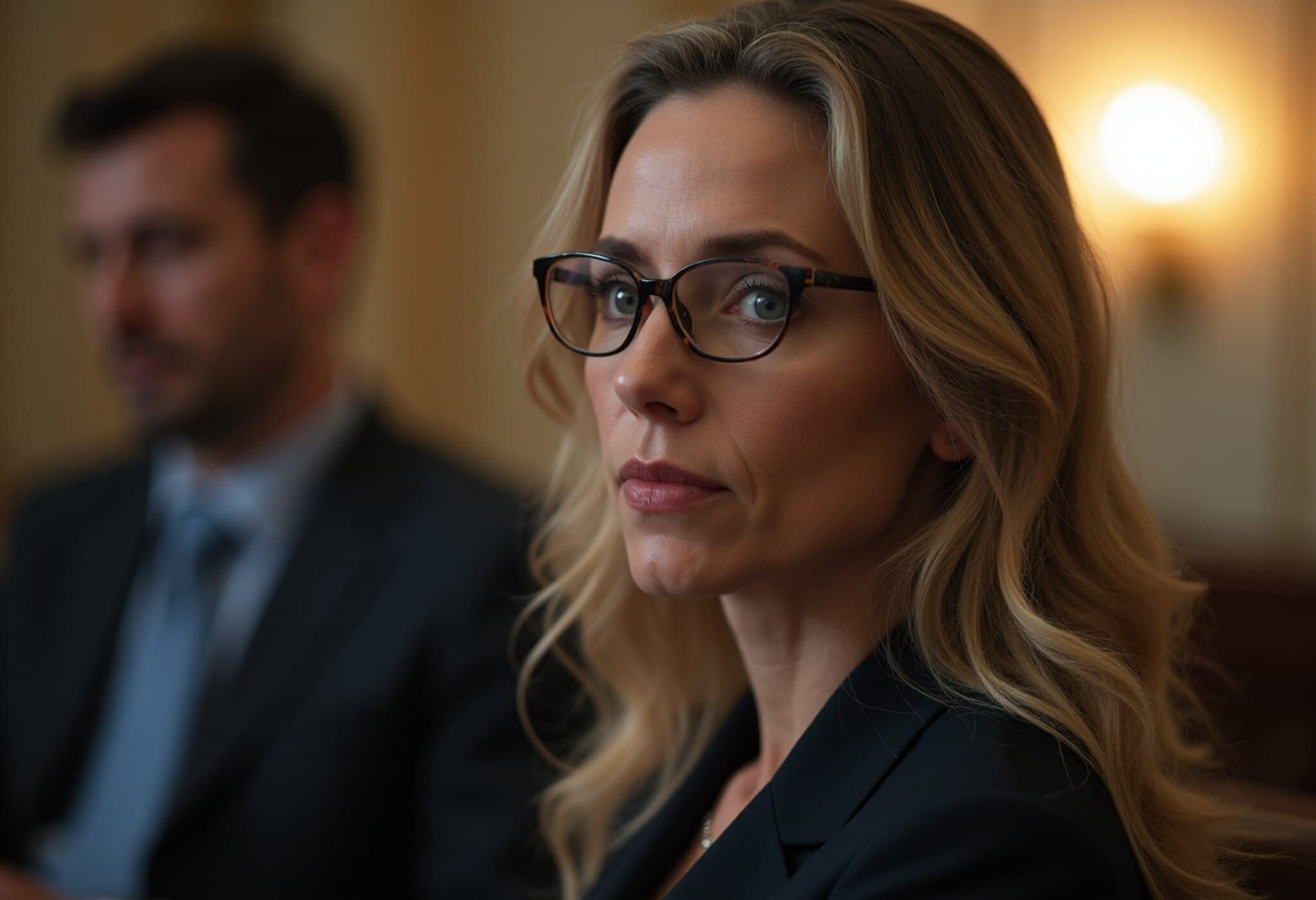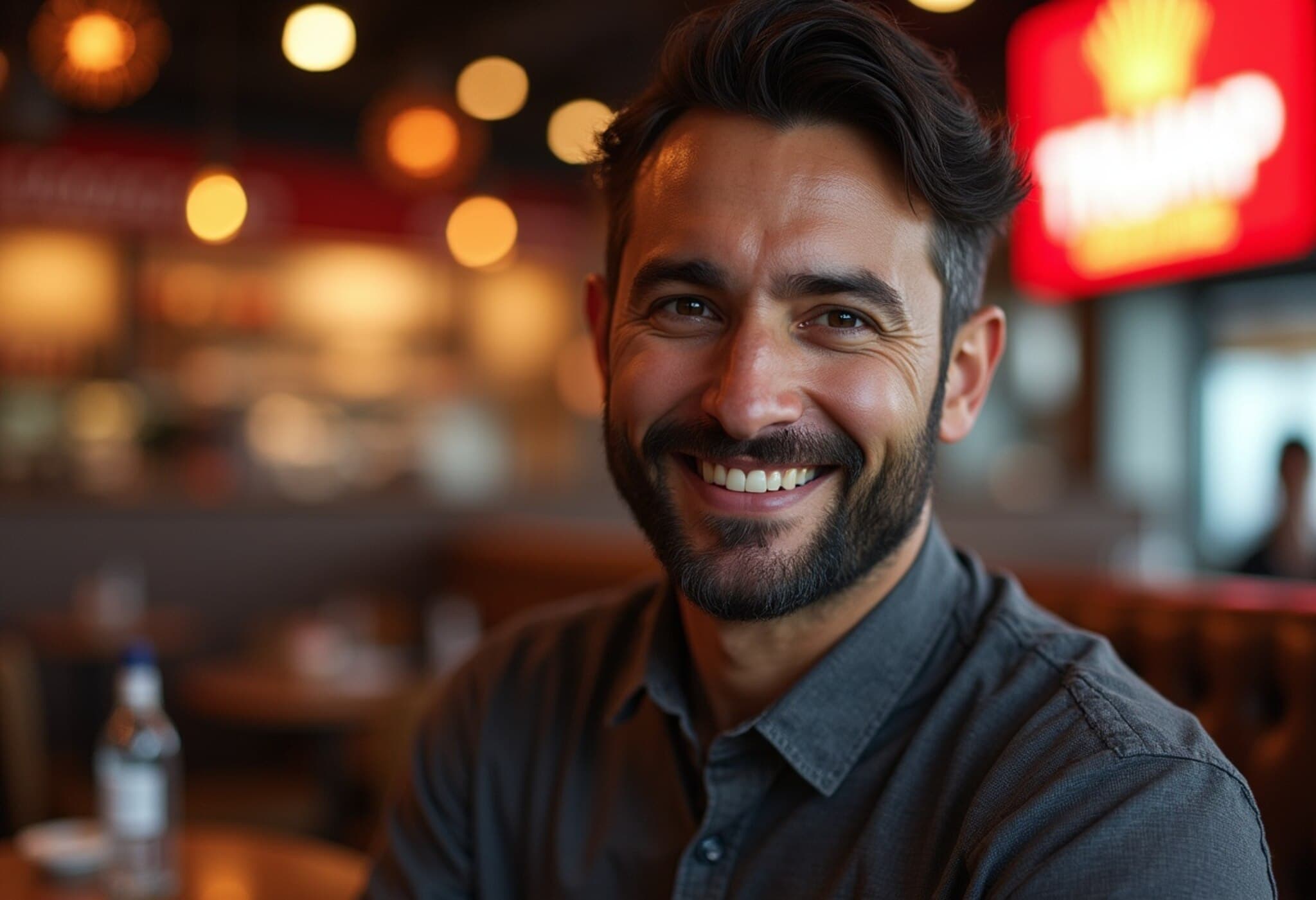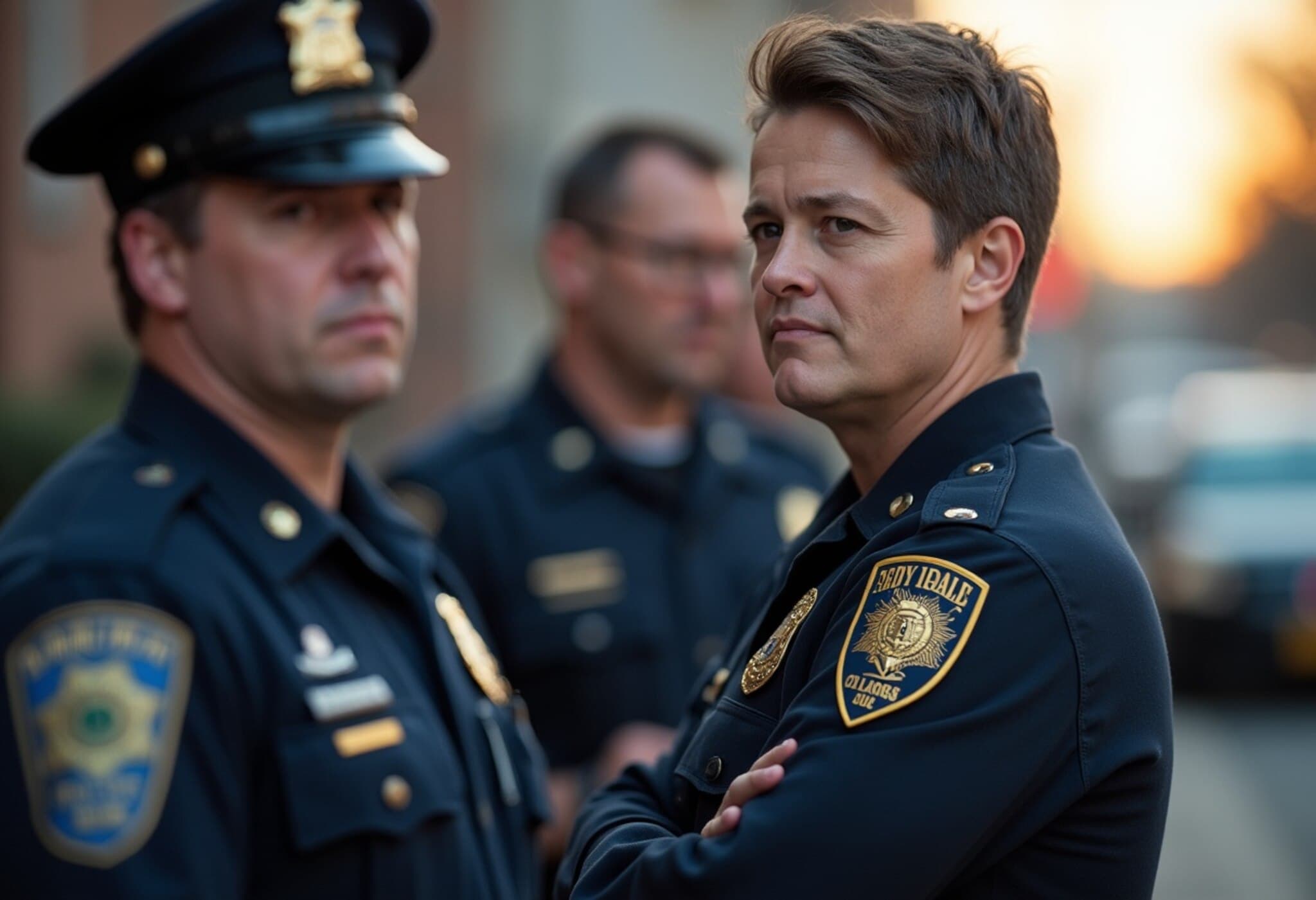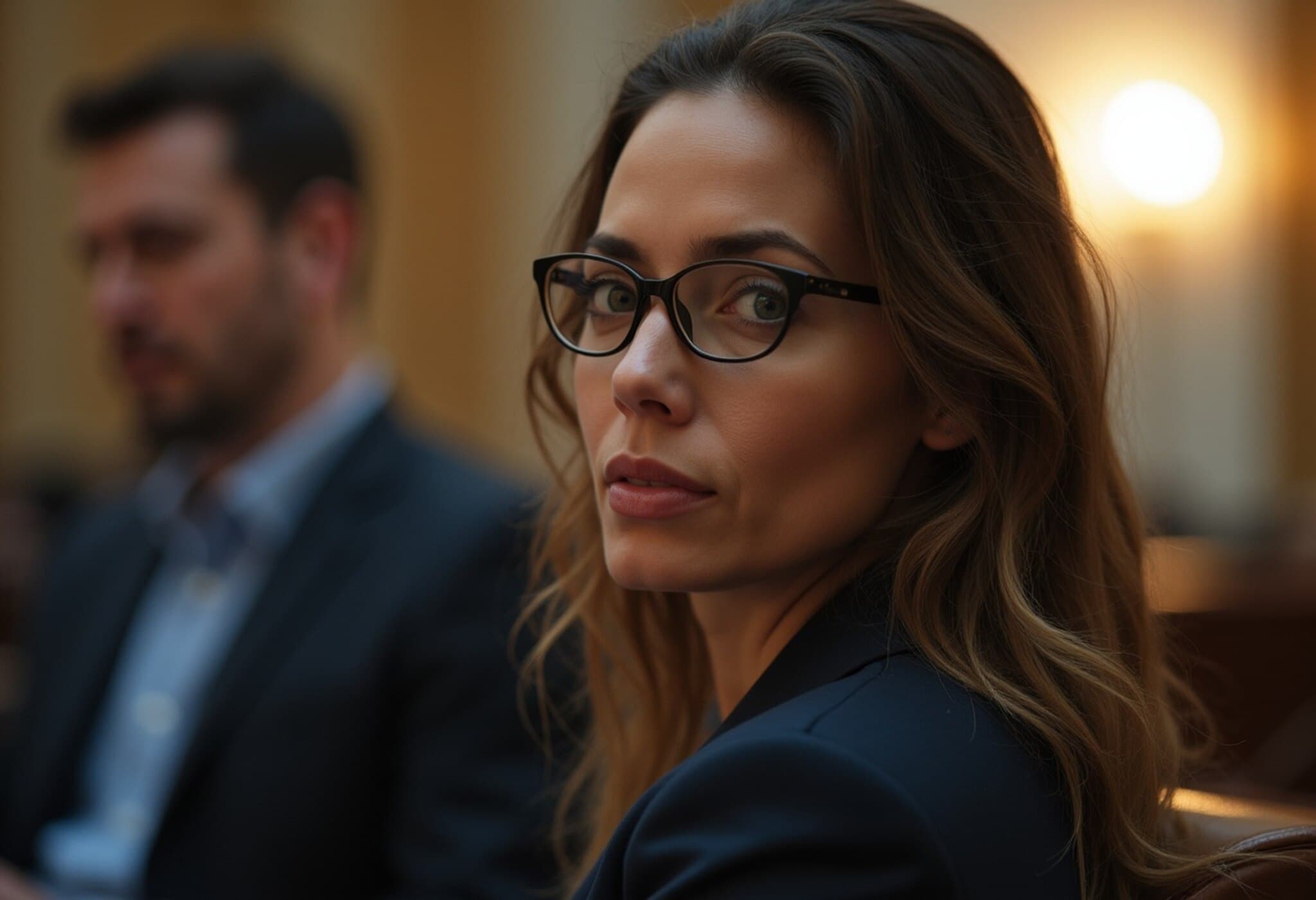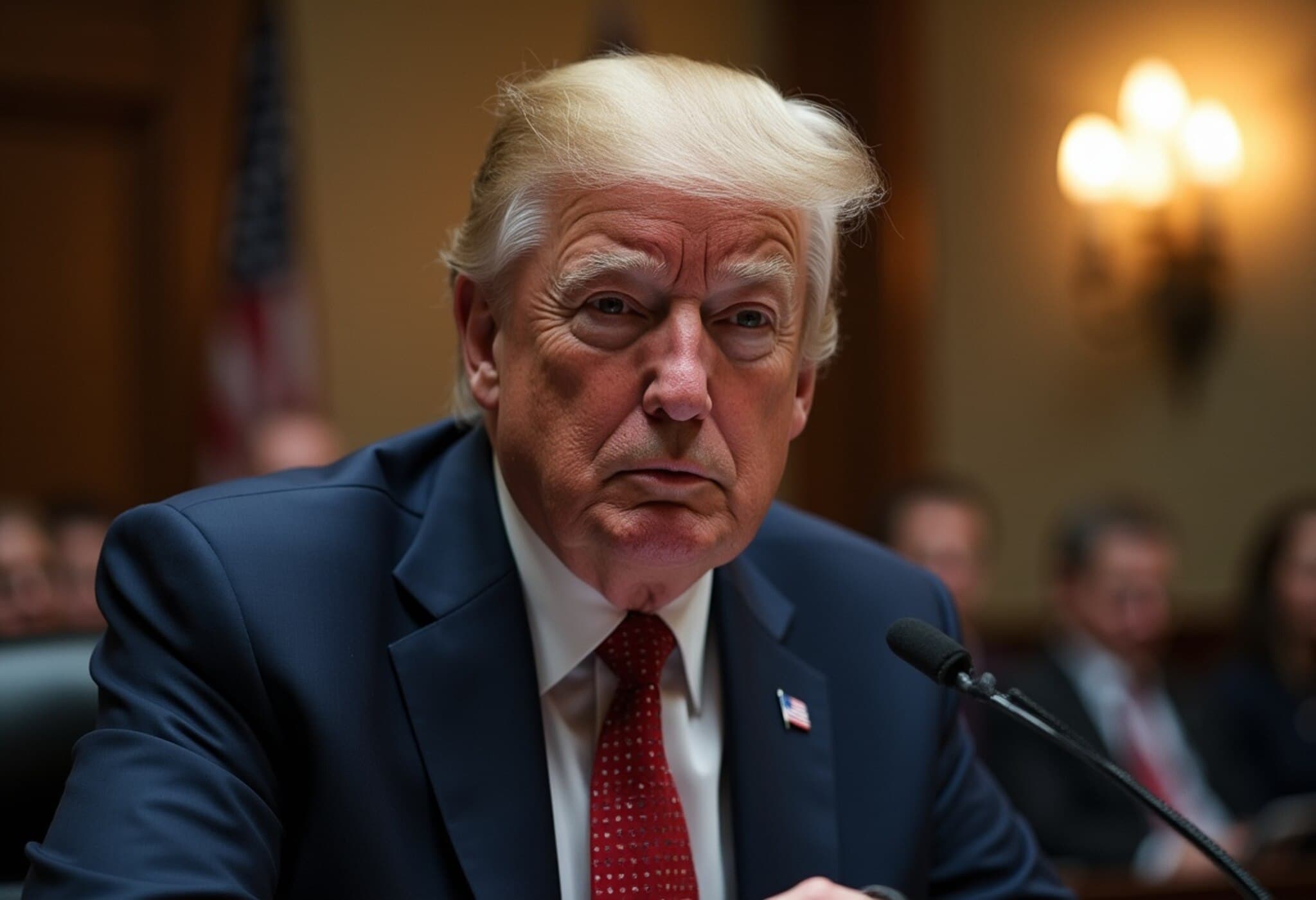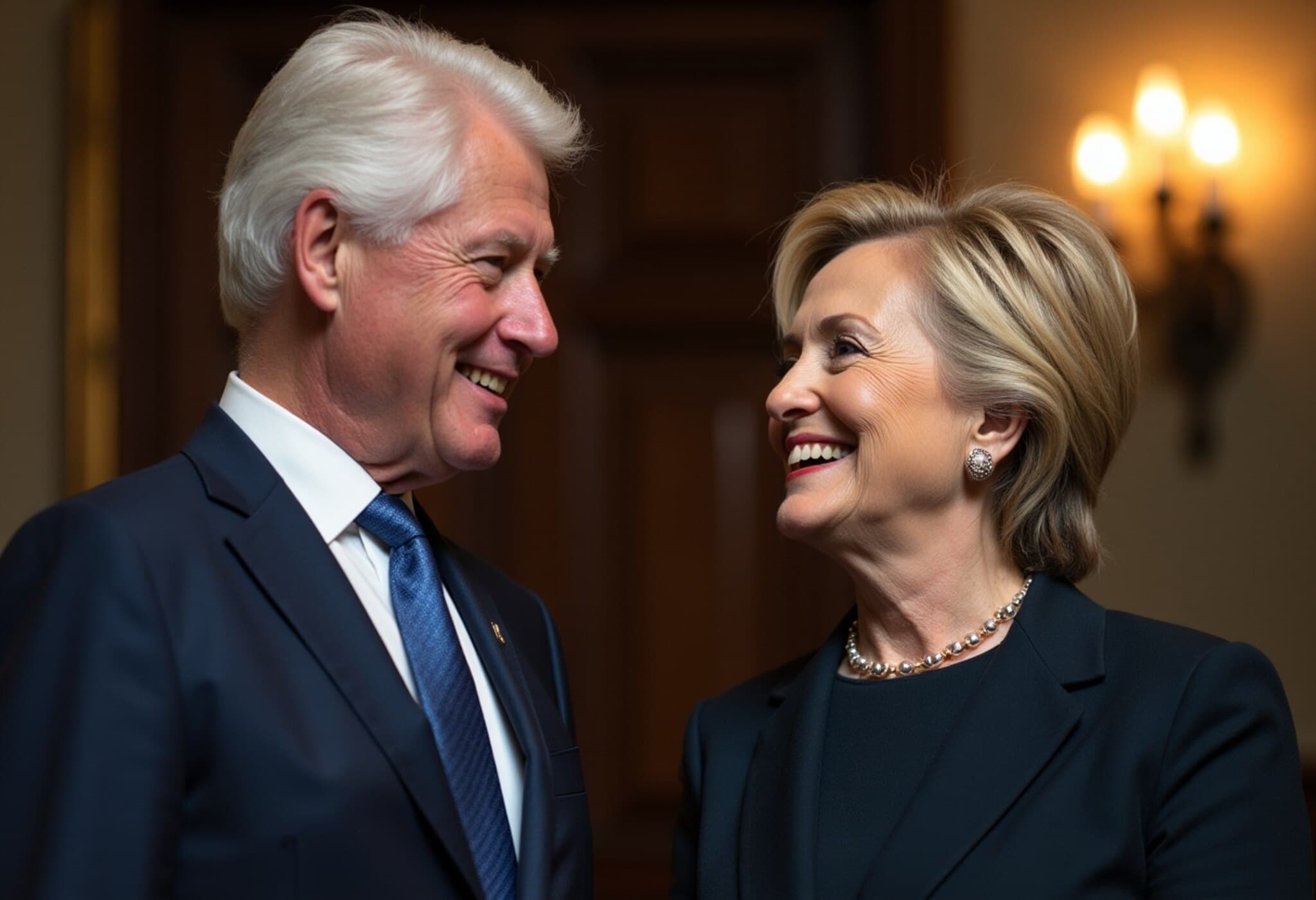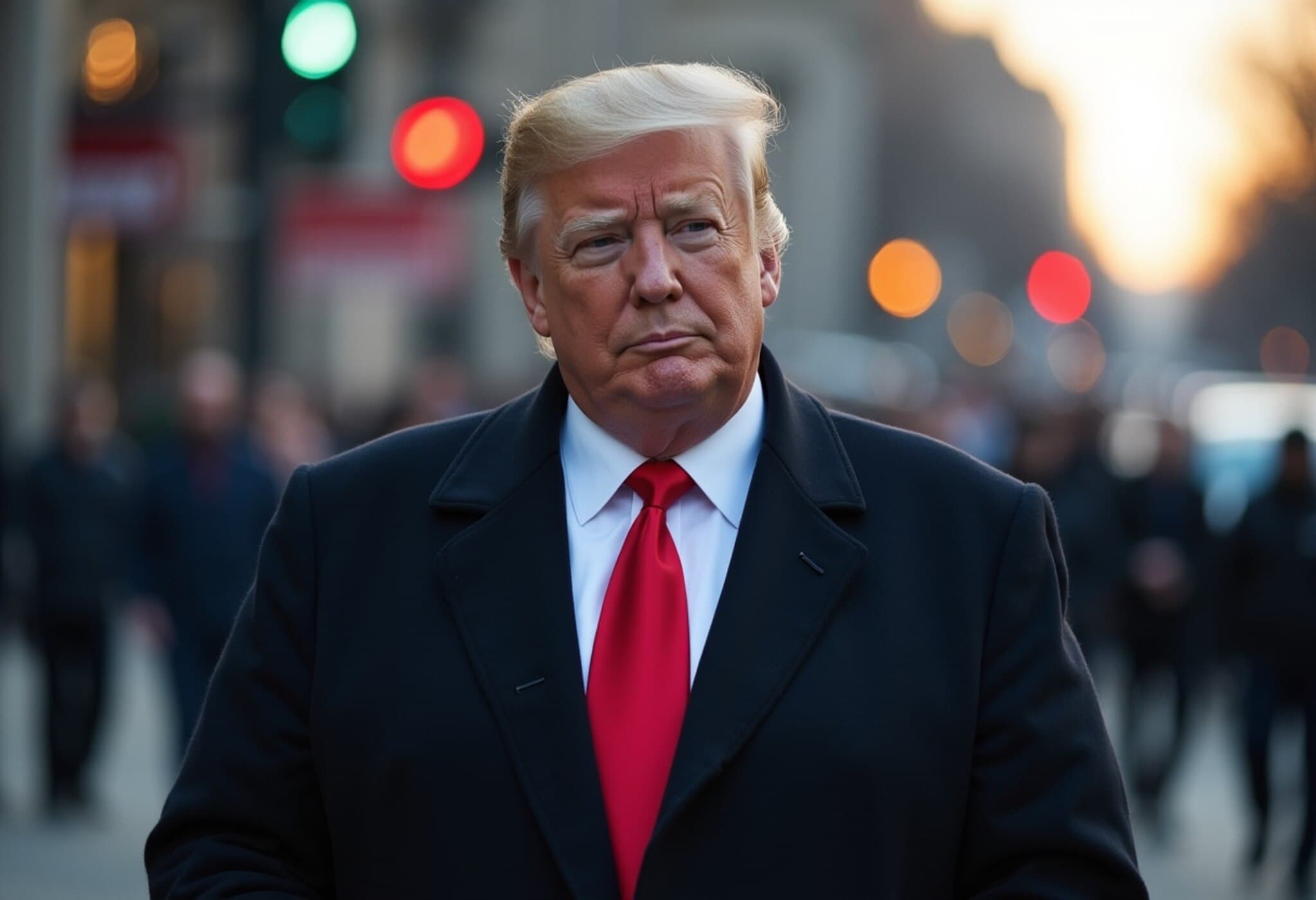US Judge Declines to Unseal Ghislaine Maxwell Grand Jury Documents
A Manhattan federal judge ruled on Monday against the Justice Department's request to release sealed grand jury records related to Ghislaine Maxwell, the convicted associate of the late financier Jeffrey Epstein. The records stem from the grand jury proceedings that led to Maxwell's indictment on sex trafficking charges tied to Epstein's illicit network.
Judge Paul Engelmayer’s Rationale for Maintaining Secrecy
Judge Paul Engelmayer, overseeing the case in the US District Court for the Southern District of New York, wrote that despite public interest, unsealing the documents would not satisfy ongoing questions surrounding Epstein and Maxwell’s crimes or the controversial circumstances surrounding Epstein’s 2019 death. After reviewing witness testimony transcripts and evidence presented to the grand jury, the judge concluded that the disclosed materials would offer "next to nothing new" beyond what has already been revealed during Maxwell's widely publicized trial.
"The government's claim that the materials contain meaningful new information is demonstrably false," Engelmayer stated, emphasizing that any expectation of undisclosed bombshells is unfounded.
Context: Maxwell's Conviction and Epstein’s Death
Ghislaine Maxwell is currently serving a 20-year sentence following her 2021 conviction for recruiting and grooming underage girls for Epstein's sex trafficking ring—a scandal that has drawn global outrage and shaken powerful circles. Epstein, charged with similar offenses, died by apparent suicide in a Manhattan jail in 2019 while awaiting trial, sparking widespread conspiracy theories about potential cover-ups involving influential elites.
Political Pressure to Release Grand Jury Records
Despite the judge's decision, political momentum has surged to publicly reveal these grand jury materials. Last month, former President Donald Trump publicly urged Attorney General Pam Bondi to declassify the documents. This push came amid sharp criticism from Trump’s conservative base and congressional Democrats over perceived opacity in how the Biden administration has managed Epstein-related file disclosures.
- Trump promised transparency about Epstein’s network if reelected.
- He accused Democrats of suppressing incriminating information.
- In July, the Justice Department refuted claims of an existing Epstein client list, fueling further disappointment.
Neither the Justice Department nor Maxwell’s legal representatives have issued statements following the ruling.
Expert Insights: Balancing Justice and Confidentiality
Legal analysts emphasize that grand jury materials often remain sealed to protect the integrity of investigations and the privacy of witnesses. While the public's demand for transparency is understandable—especially given the high-profile nature of the case—judicial systems must weigh openness against the potential risks of compromising ongoing legal processes or sensitive testimonies.
From a policy perspective, this case shines a light on the challenges facing American criminal justice in handling cases involving elite figures with broader societal implications. The tension between public accountability and procedural confidentiality remains a delicate balancing act.
What Remains Unanswered?
Despite the court’s ruling, key questions linger:
- Will further disclosures ever shed light on the full extent of Epstein’s connections and crimes?
- How can the justice system better serve public interest without compromising legal safeguards?
- What mechanisms exist to prevent similar abuses of power by wealthy, influential individuals?
Editor’s Note
The decision to keep Ghislaine Maxwell’s grand jury records sealed underscores the complexities inherent in balancing transparency and judicial prudence. While public curiosity about Epstein’s sordid network and mysterious death shows no signs of abating, it's crucial to approach these developments with measured skepticism and respect for legal boundaries. As the world watches, the enduring hope remains that justice will prevail in full, and carefully guarded truths will eventually come to light—without jeopardizing fairness or privacy.

